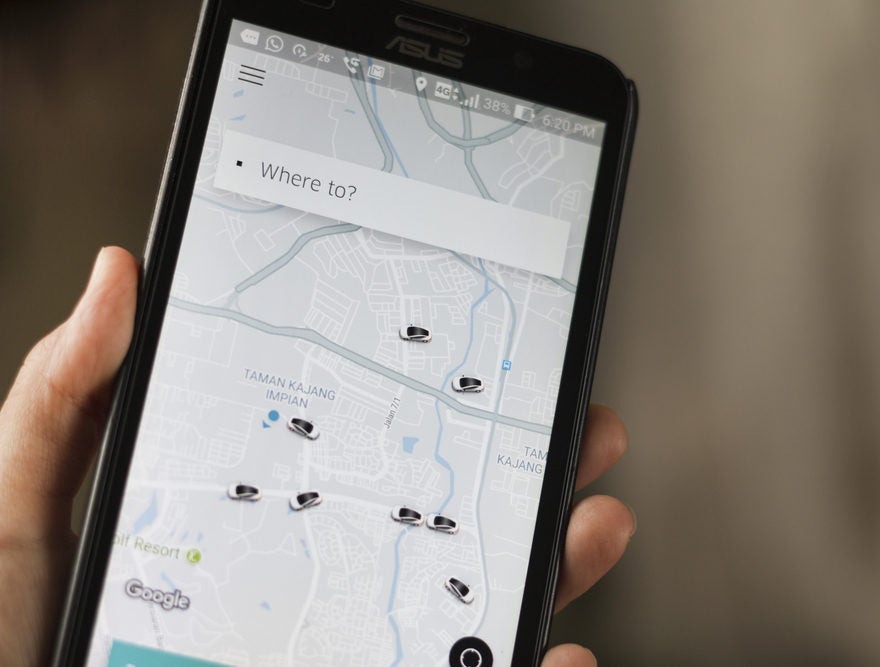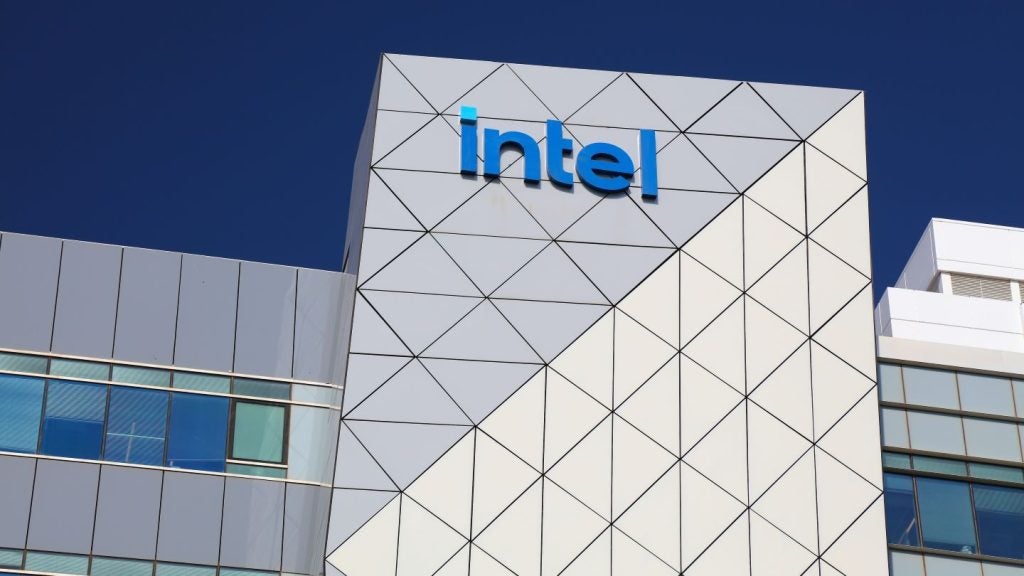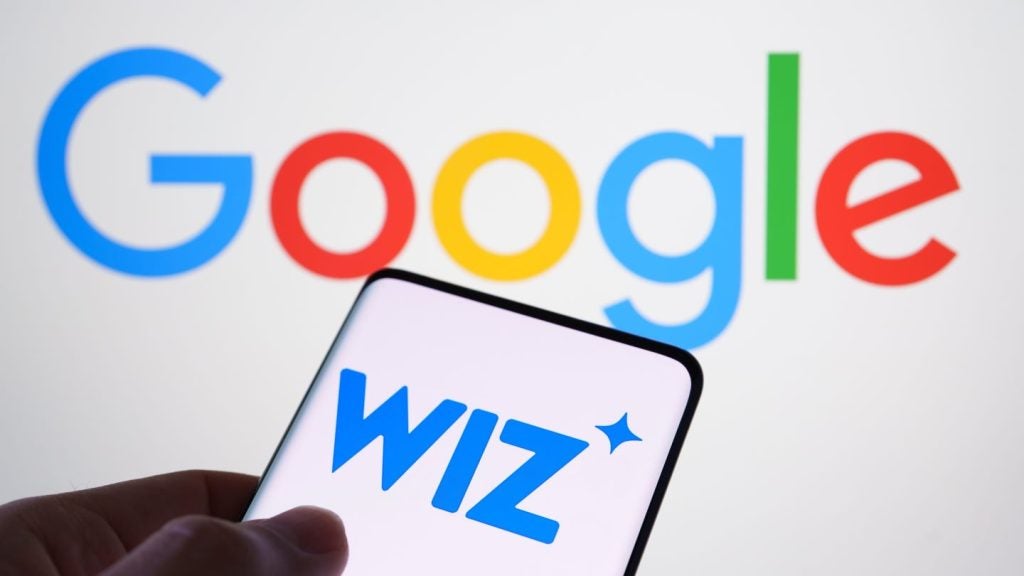
Uber used a spyware application to lure drivers away from a rival competitor, effectively shutting the company out of the emerging ride-sharing market.
The Surfcam spyware, which it was revealed in 2017 was used against Asian rival Grab, was also used by Uber to steal market share away from Australian startup GoCatch, according to Australian investigative journalist programme Four Corners.
Surfcam is a modified version of widely available, off-the-shelf scraping software, which was developed in-house at Uber’s Sydney head office. While the software was created by a single member of Uber staff under his own authority, the program was later used to put Uber in a market-leading position in various regions.
The spyware provided Uber with a real-time view of all GoCatch cars and allowed the company to collect data such as driver names and car registrations. Using this information, the company could approach GoCatch drivers and encourage them to drive for Uber instead.
“Surfcam when used in Australia was able to put fledging Australian competitors onto the ropes,” a former Uber executive told Four Corners.
GoCatch launched in Australia around the same time as Uber in 2012. However, Uber quickly gained the upper-hand in the market.
While GoCatch continues to operate, its growth has been limited. Last year it was reported that GoCatch is seeking a $5m IPO, while Uber is valued at more than $100bn.
It was previously thought that the use of Surfcam started in 2015. However, this dates its use back to 2012. After moving from the Sydney office to the Singapore office, the employee behind Surfcam joined Uber’s office in Amsterdam. It is currently unclear whether Surfcam was used against competitors in Europe or elsewhere.
A dangerous precedent
According to GoCatch CEO Andrew Campbell, starving the company of drivers had a massive impact on the company’s ability to operate in the market.
“The fact that Uber used hacking technologies to steal our data and our drivers is appalling,” said GoCatch CEO Andrew Campbell. “It sets a really dangerous precedent for the Australian economy and Australian businesses as well.”
Campbell feels that local authorities have failed Australian companies. While Uber had the financial backing to fight against local laws and challenges, ride-sharing operators such as GoCatch were unable to fully compete until ride-sharing laws were changed in 2014.
“Allowing companies to come to Australia, break transport laws, behave anti-competitively, does nothing good for Australian interests whatsoever,” Campbell said. “What Australian business and Australian industry want is a strong government framework that they can operate within and make a profit.”
Prohibited practices
Surfcam wasn’t the only questionable software used by Uber to gain advantage in the ride-sharing market.
Subject to a number of criminal probes by US authorities in 2017, Uber was found to have used similar software (known within the organisation as ‘Hell’) to spy on US rival Lyft. Likewise, another programme, known as ‘Greyball’ was used to identify regulators in markets that Uber was banned from operating in.
Surfcam and similar spyware was used as part of Uber’s rapid expansion under former CEO Travis Kalanick. However, after a company culture of sexual harassment was uncovered at Uber in 2017, forcing Kalanick to step down, the company has been forced to clean up its act.
A spokeswoman for Uber Australia told Four Corners that the company had audited the Surfcam software and has since prohibited its use.
Yet, for companies like GoCatch, Uber’s change of behaviour has come too late.
“The damage that this has done to GoCatch and other businesses is significant and frankly it should have been stopped,” Campbell said.







